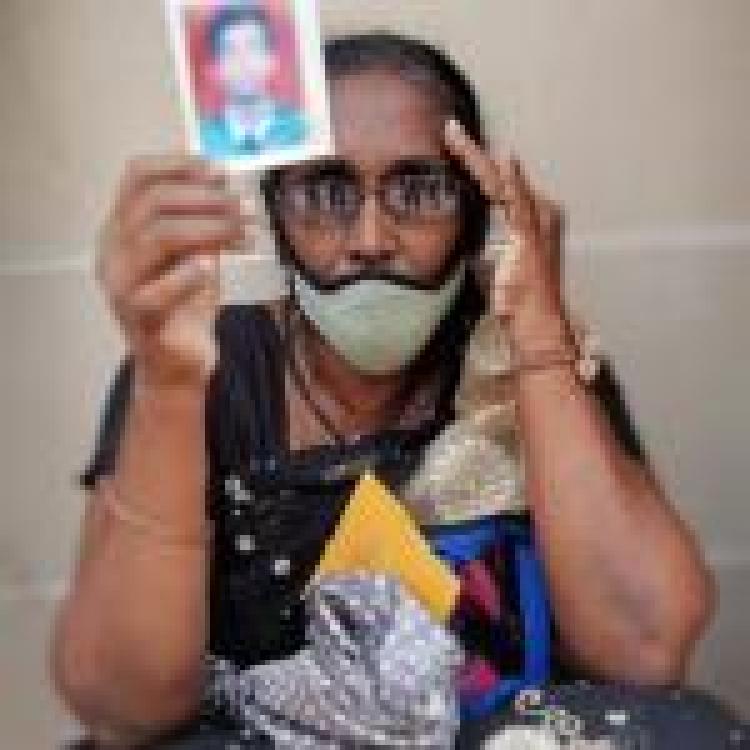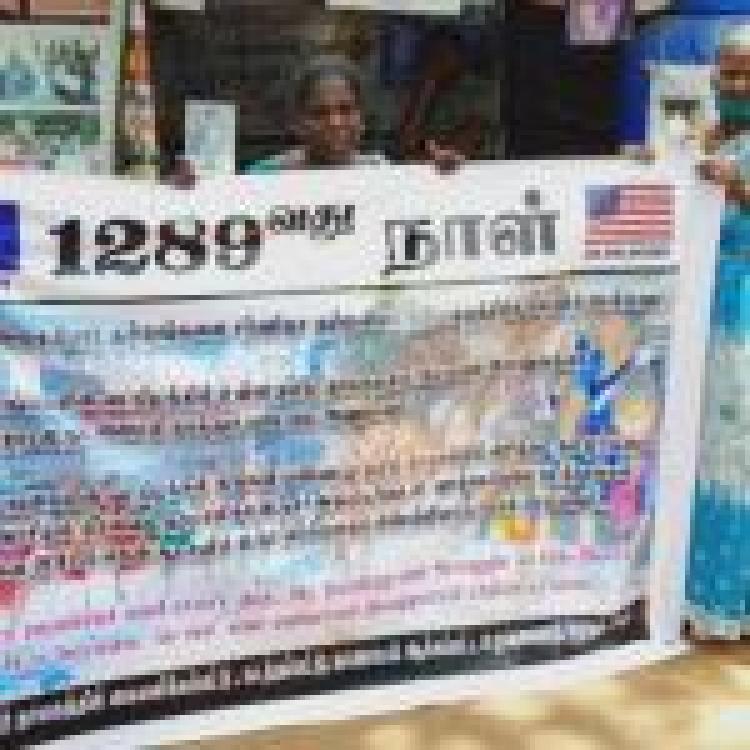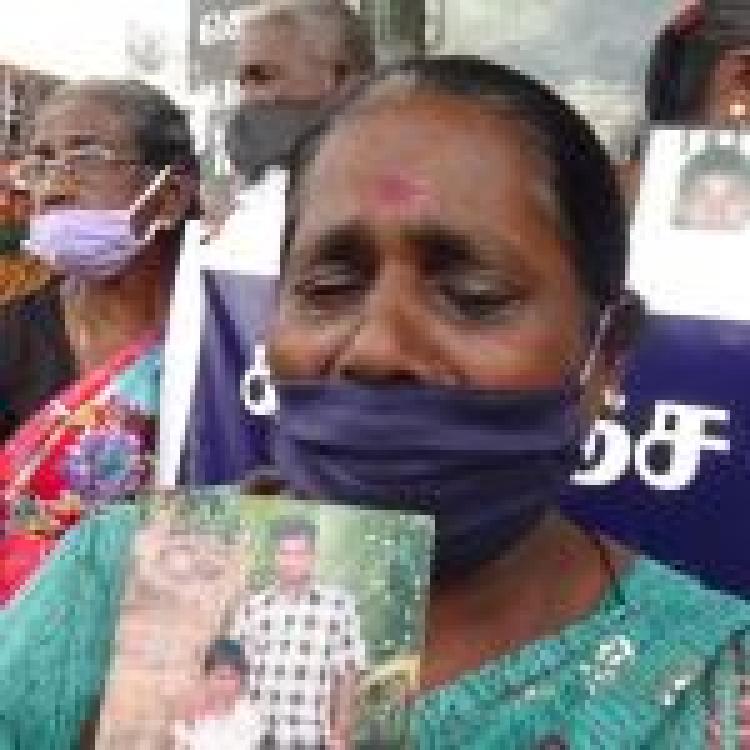The International Truth and Justice Project (ITJP) and Journalists for Democracy in Sri Lanka (JDS) called on the Sri Lankan government yesterday to explain in court the fate of hundreds of Tamils and Sinhalese who are missing or forcibly disappeared, according to newly released government lists.
The released data covers a range of dates, showing that more than 330 Tamils are listed as ‘missing’ from the final days of the armed struggle in 2009 and the 154 Sinhalese more from the Matale district in 1989. The ITJP however estimates that the OMP’s statistics whilst large are grossly underestimated.
Whilst the OMP data shows 335 people missing between 16-20 May 2009, most likely from Wadduvakkal or Omanthai, ITJP’s data for the same time period and same location released in 2018 showed 390 disappearances who were last seen alive in army custody in the two districts.
“The controlled and limited information on Matale is just the tip of the iceberg,” said Bashana Abeywardane of Journalists for Democracy in Sri Lanka. “The true magnitude of past crimes is much larger than many would imagine. That the very same alleged perpetrators, who allegedly later oversaw more atrocities, became the rulers of the entire island amply demonstrates how deep rooted the culture of impunity is in Sri Lanka”.
The two organisations singled out Sri Lankan President Gotabaya Rajapaksa and Lt Gen. Shavendra Silva as being “criminally liable under international and domestic law for enforced disappearances that occurred under their command and control”. Rajapaksa was the Defence Secretary during the final days of the armed conflict in 2009, overseeing the massacres and enforced disappearances of Tamils, and was also the District Military Coordinator in Matale during the disappearances of 1989. Silva was a key divisional commander in 2009 and Rajapaksa’s junior officer in Matale in 1989 and is already designated by the US government for allegations of gross violations of human rights in 2009.
ITJP Executive Director Yasmin Sooka said, “Families have a right to the truth about the fate and whereabouts of their loved ones and the army officers in command in the Vanni at the war end”.
“The families of victims can no longer wait for justice while the perpetrators are promoted with total impunity from Matale to Mullivaikkal, fuelling a sense of triumphalism that they will never be held accountable,” she added.
Despite the armed struggle ending over 11 years ago, families of the disappeared have been protesting for the release of their loved ones year after year regardless of military intimidation.

Many of the Tamil families of the disappeared have slammed the OMP as yet another government commission that fails to bring about any tangible outcome or answers to their questions. Amongst the limitations the OMP faces, is that none of its findings can be used to prosecute human rights abusers.
Relatives of the disappeared have repeatedly stated they have “ no trust” in the mechanism, and accuse it of being another government strategy to divert away from international processes.
The two groups also stated that the OMP’s release does not make clear the distinction between missing people and those who were subject to an enforced disappearance which is an ongoing crime and for which there is no statute of limitations under international law.
Many cases of disappearances also do not appear on the lists. One example of names not being listed is that a relative of one of the disappeared in the Trincomalee 11 navy case on enforced disappearances expressed her devastation that her loved one was not listed, despite them being earlier reported on by other government bodies.
The ITJP’s review of the OMP’s release points out that the specific locations where someone disappeared was not outlined as to obscure patterns which would help to identify those responsible for clusters of disappearances.
See the full text of the press release here.



